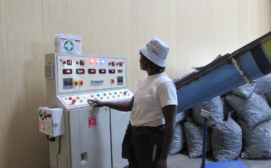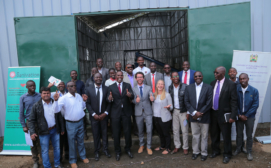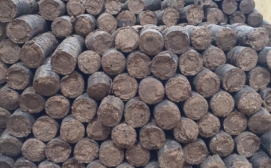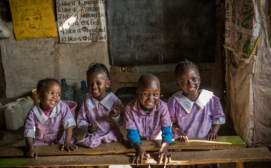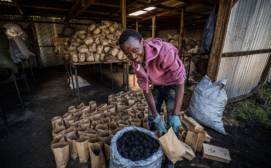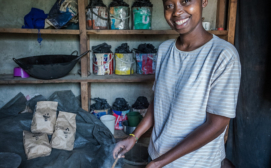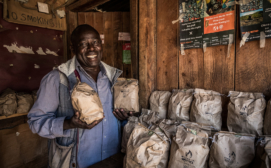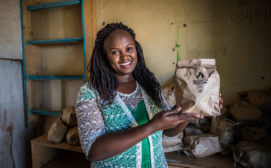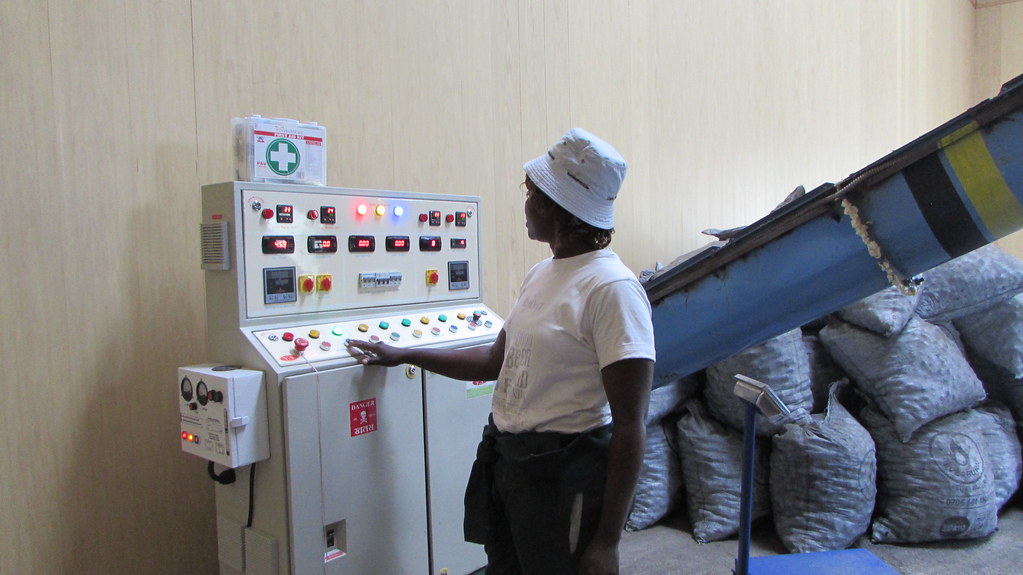
preview-2
In Kenya, 95% of fecal sludge is disposed of into the environment without treatment, as municipalities lack cost-effective options. Working with partners (local governments and refugee camps), the project will implement and operate waste processing factories, which will intake fecal sludge and biomass residues to produce charcoal briquettes that outperform traditional charcoal, saving 88 trees per ton of product sold. Treating waste as a resource provides one of the most cost-effective services for processing fecal sludge. Most importantly, by ensuring that 100% of fecal sludge is safely managed in a community, there is the potential to reduce diarrheal disease by 40%.

